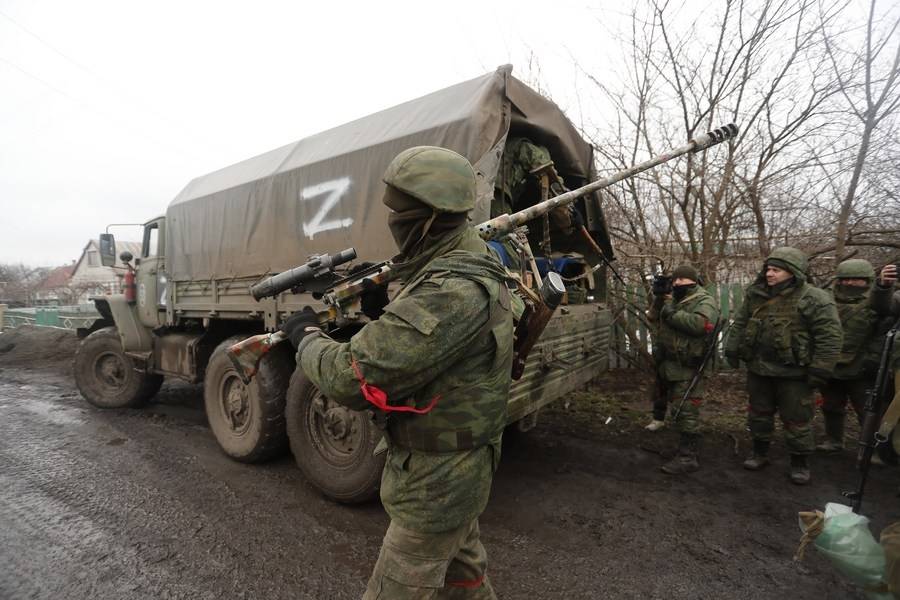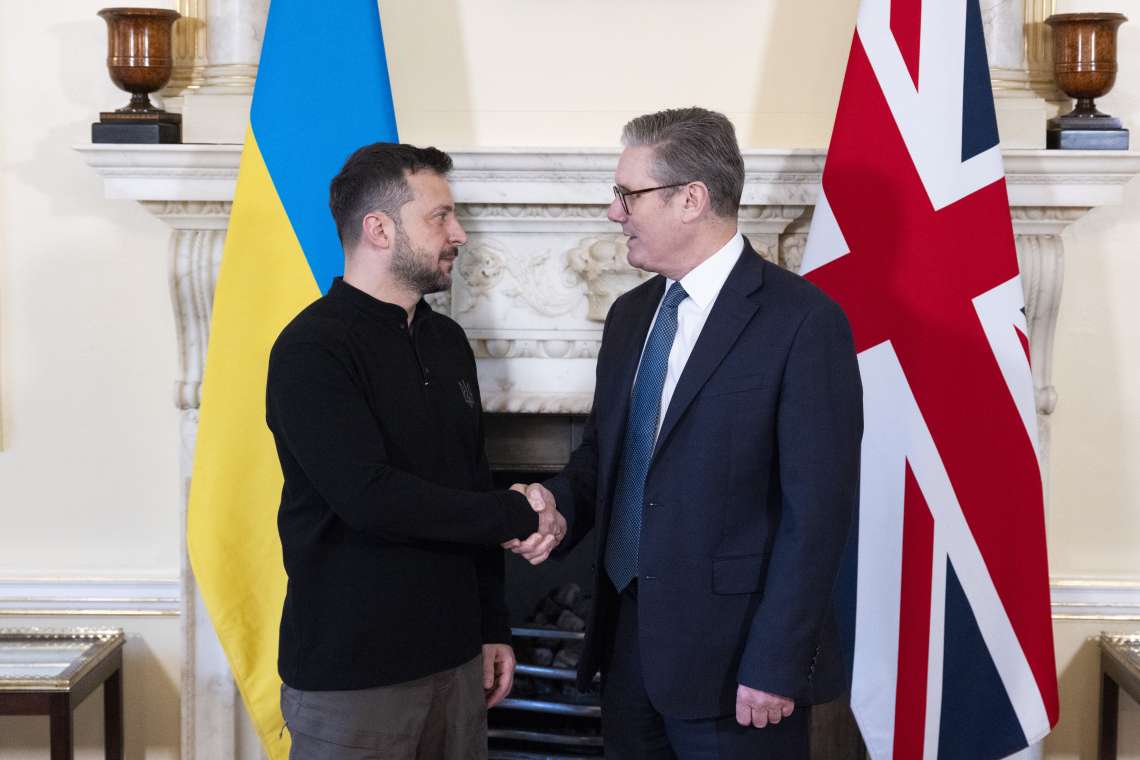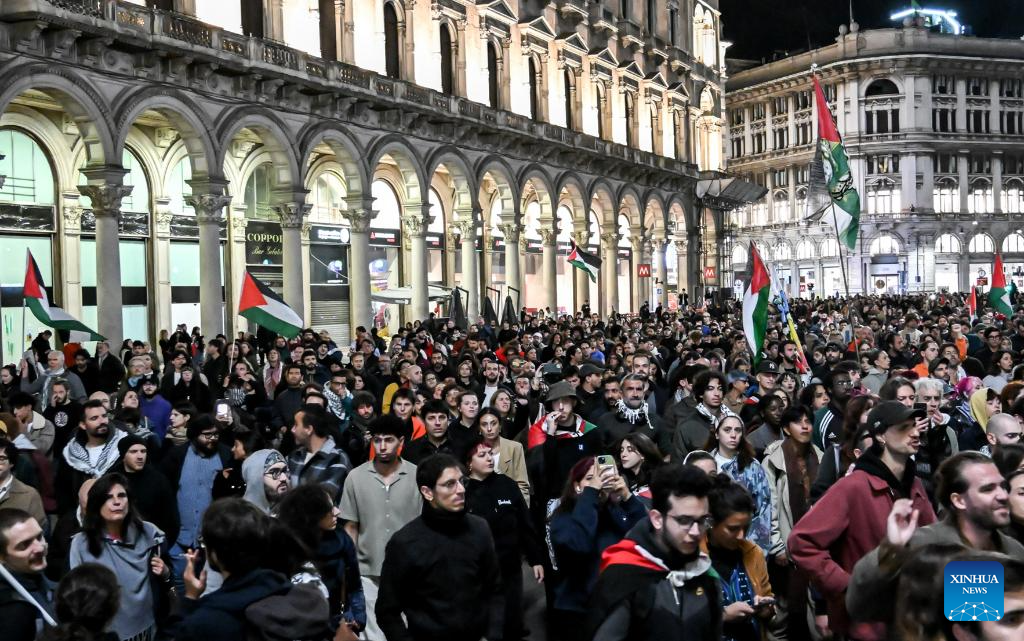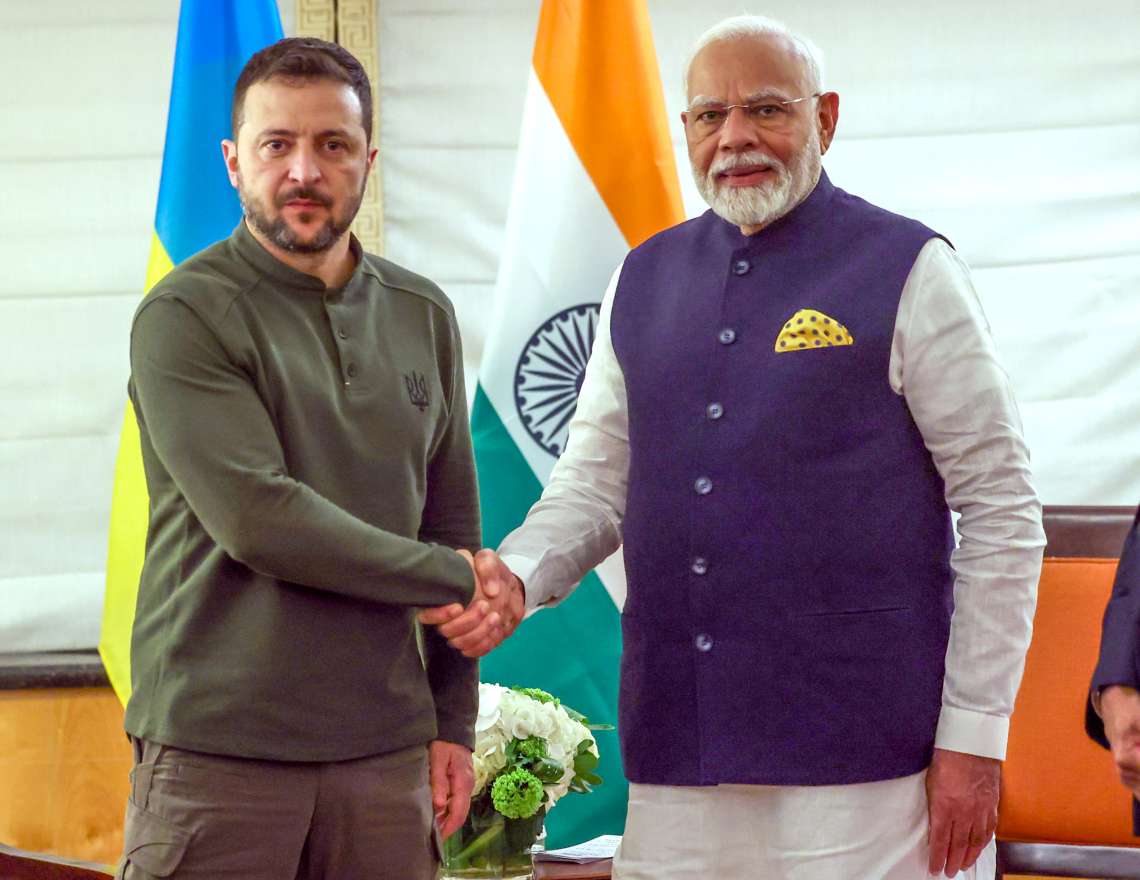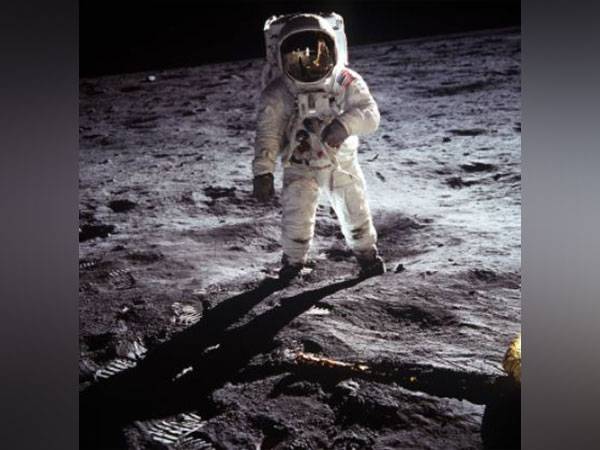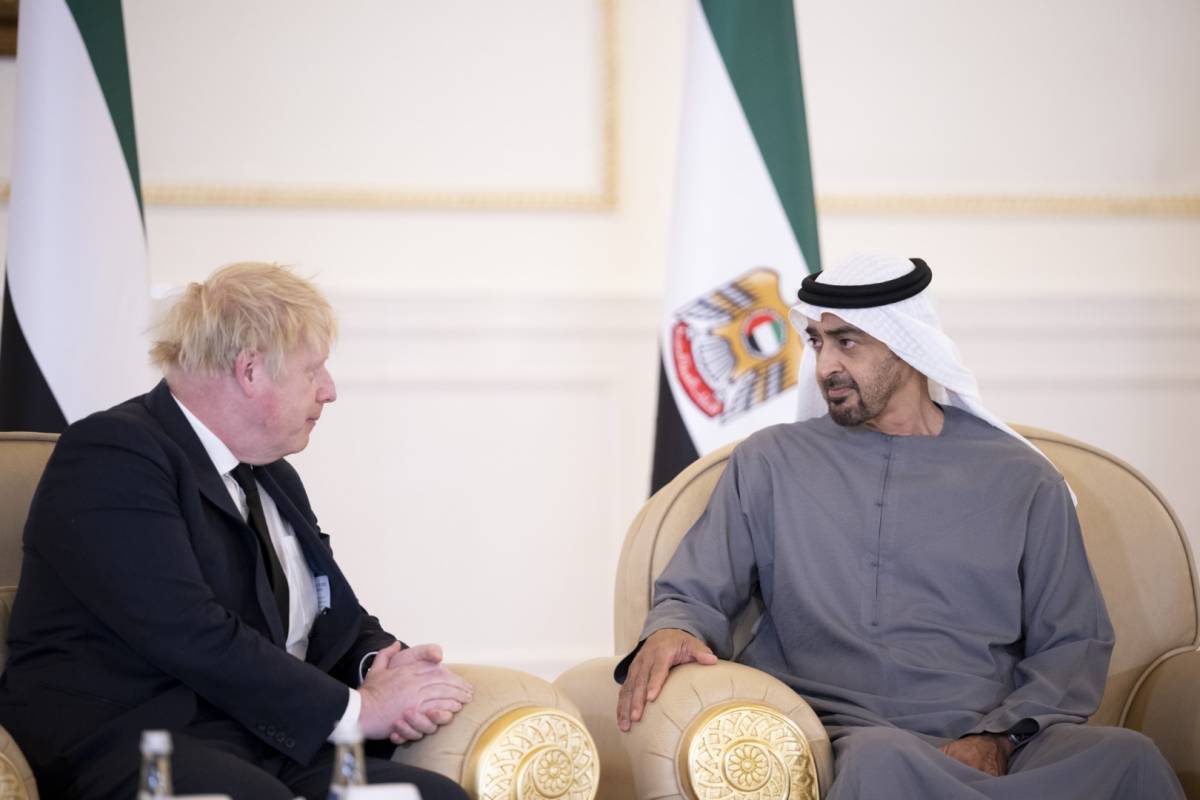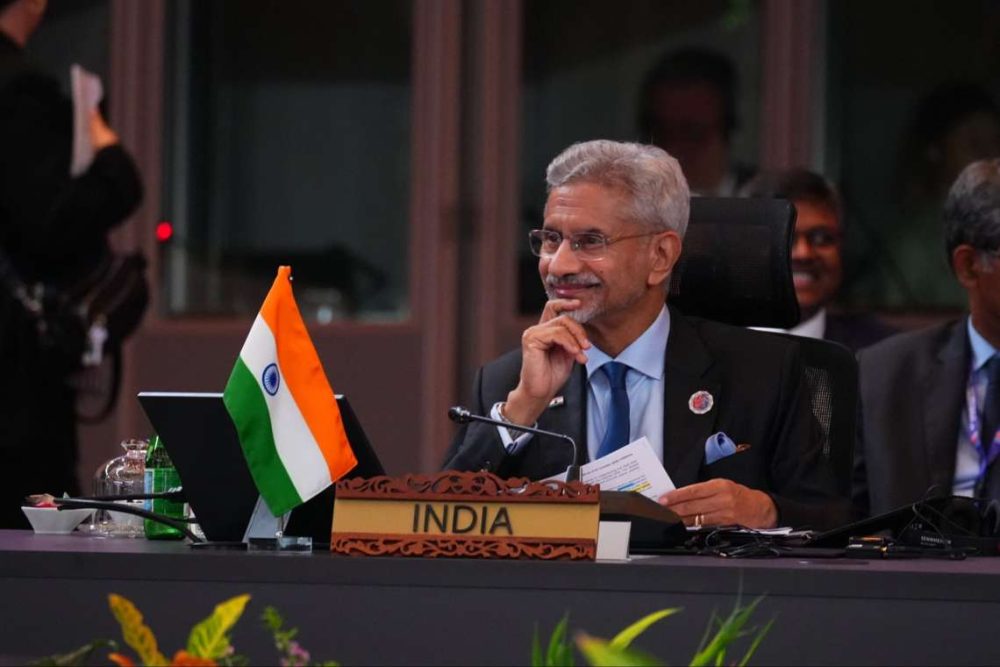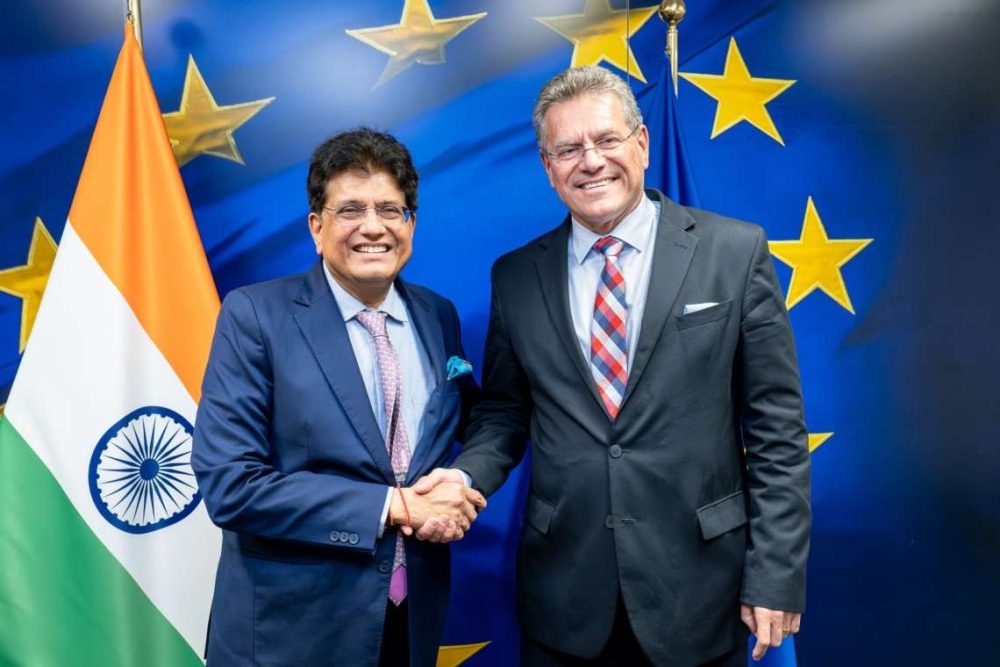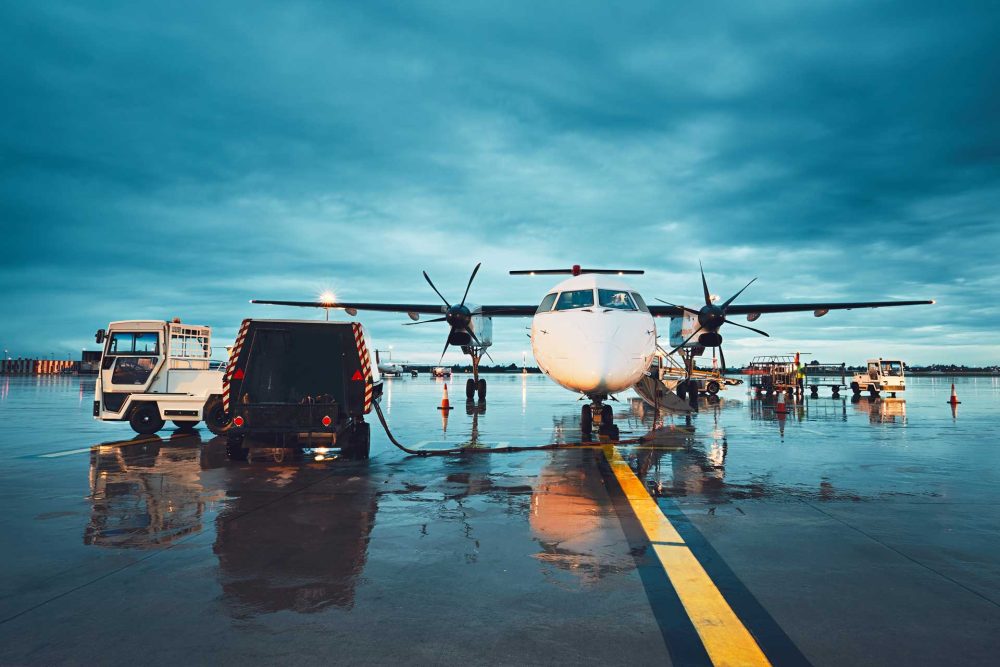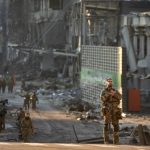The overconfidence within the higher echelons of NATO in the destruction of Russian capabilities may get tested for accuracy in a relatively short time, writes Prof. Madhav Nalapat
Every event has a trigger. In Sri Lanka, apart from the fall in revenue from tourism because of the Covid-19 pandemic, President Gotabaya’s abrupt decision to ban chemical fertilisers affected crop yields, most significantly in Sri Lanka’s other large source of foreign exchange, tea. While not the only cause, the effects of the fertiliser ban dented the popularity of the Rajapaksas among the Sinhala farming community, till then a reliable base of support. Had the Rajapaksas entrusted either the Prime Ministership to a loyalist outside the family, such as G.L. Pieris, he would have served both as a lightning rod as well as a scapegoat for the policy errors made that caused the present unrest.
The 2019 takeover once again by the Rajapaksa clan of the Sri Lankan government made them the sole owners of the present crisis, and the mood of the protestors is such that even after Mahinda Rajapaksa quit as Prime Minister, chants of “Go Gota” against his younger brother have not reduced in frequency. What practical good that would do is unclear, as the crisis facing Sri Lankans will not be mitigated in the slightest by the resignation of President Gotabaya Rajapaksa. Indeed, such a resignation could put at considerable physical risk the entire family, unless they all leave the country, thereby forfeiting any future comeback, which must be among the reasons why such a move by the Sri Lankan President is off the table.
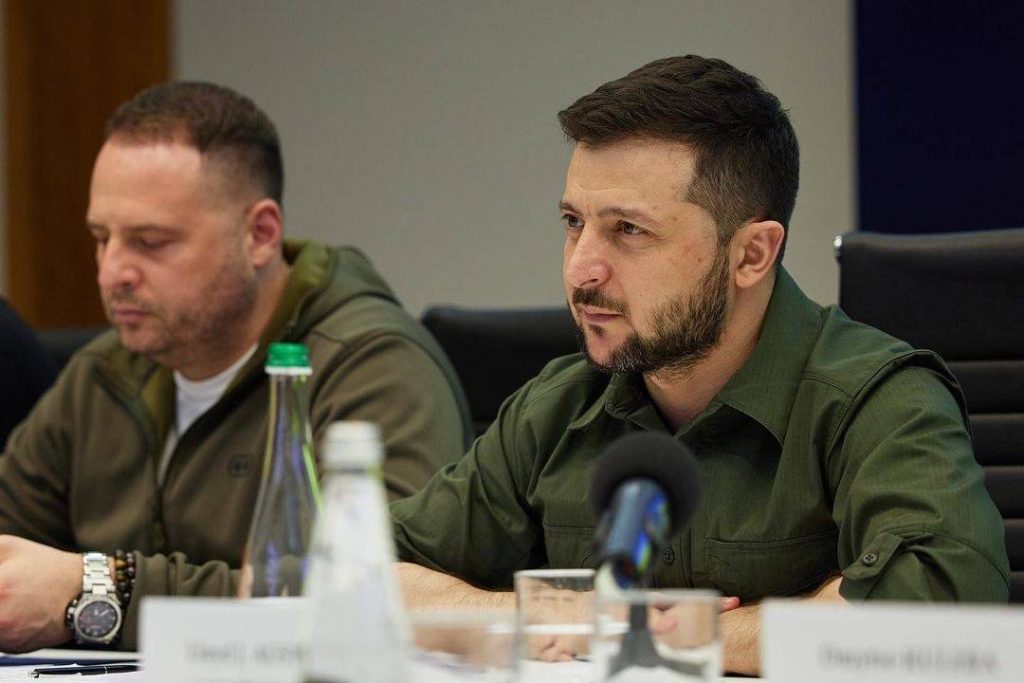
As for outside actors being involved, that is unlikely to be China, for there are several in the Rajapaksa clan who are exceptionally close to Beijing, which has cultivated sections of the Colombo elite from the 1960s onwards. And although Leader of the Opposition Sajith Premadasa is no friend of India, he cannot compete in the “Close to China” sweepstakes with Basil Rajapaksa, whose linkages with the PRC have long been on display. Alternatively, had there been a US hand in the protests that have turned so deadly for the elected government, there would have been a hero and a villain in the narrative. In common with Bollywood movies, US-inspired efforts at regime change usually involve a “good guy versus bad guy” contest. In the current test of guns and blood playing out in Ukraine, Volodymyr Zelenskyy is clearly the hero where the White House is concerned, and Vladimir Putin is in the familiar role of villain.
Earlier, in Venezuela, the role of the idealistic hero was played by Juan Guaido, who (the narrative went) was battling to protect human rights and liberty that were under attack by President Nicolas Maduro. The Venezuelan leader was hardly the only target of US-led efforts at regime change within oil producers, a list that include Iran, Iraq, Libya, Venezuela and now Russia. The list of oil and gas producers affected by geopolitical tensions caused by US efforts at regime change is growing. The consequence of each such spat is a rise in oil prices and a fall in supply. Good news for countries that are surplus in oil and gas, but bad for everyone else.
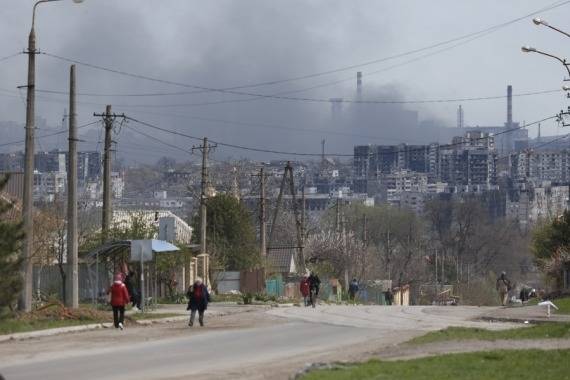
After the Covid-19 shock has come the Ukraine conflict, and this may cause a severe recession in several economies. This could be the case for many countries in Europe, especially Germany. Chancellor Scholz, who is from the SPD, seems intent on slowing down the German economy through his efforts at delinking supply of gas and oil into Germany from Russia. In the US, while a few sectors such as armaments and petroproducts may gain from the way the Ukraine war is being handled by NATO, the overall economy could as a consequence of the dislocations slip into recession and worse. President Biden seems as oblivious to the economic consequences of his strategy towards Russia as Chancellor Scholz. Doing away with the supply of resources from Russia will hobble Europe economically to a degree that would reduce its geopolitical footprint even more than what has already taken place owing to the rise of parts of Asia.
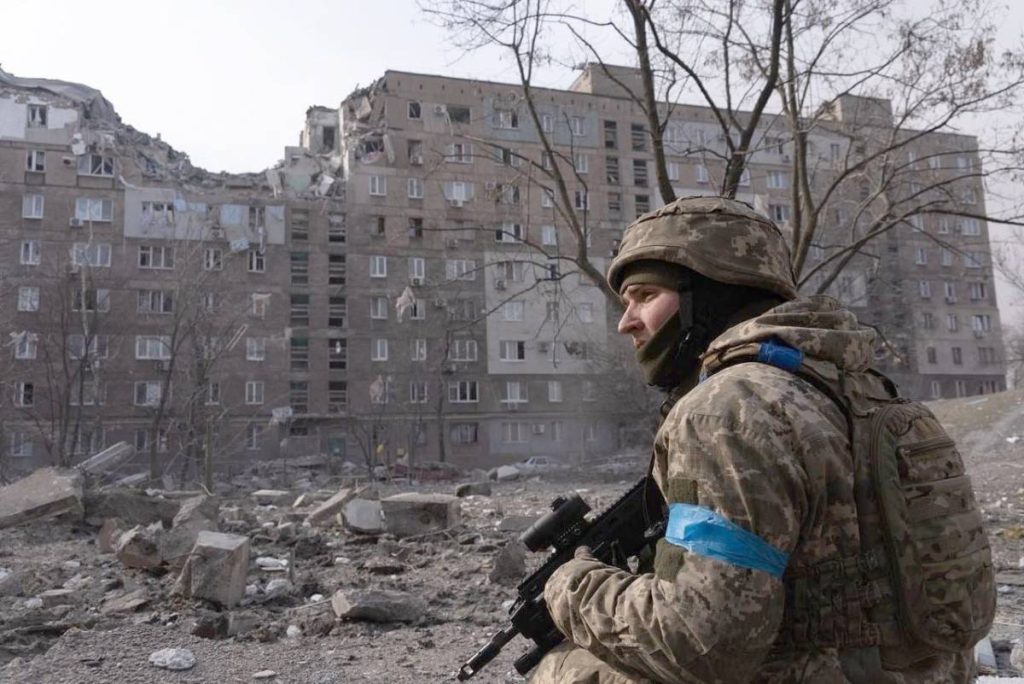
The leaders of NATO are already being blamed by their public for the steep rise in energy prices and fall in economic growth. This is despite the incessant messaging of imminent success for NATO and its Ukrainian partner. Every day the message is the same: that Putin is about to breathe his last, that Russia is beaten, and that Ukraine will win back all the territory it has lost. The Victory Day parade in Moscow was derided for its perceived downscaling. Retired and serving military officers in NATO have been unanimous since the first days of the war that the Russian army has exhausted its capabilities. That Russian Defence Minister Sergey Shoigu may be saving up more advanced weaponry and stocks for what both he as well as President Putin believe will be an inevitable showdown with NATO seems not to have entered such western prophets of imminent Russian doom. They are reminiscent of the Minister of Information in Saddam Hussein’s government. Al Sahhaf, who during the 2003 war spoke every day about the coming defeat of US forces until he was captured by the “defeated” enemy.
President Putin may not wish to reveal in the Victory Day parade some of the more advanced systems that he intends to use not against Ukraine but against NATO. Overconfidence led to disaster in situations in the past where European countries were concerned, and the visible overconfidence within the higher echelons of NATO in the destruction of Russian capabilities may get tested for accuracy in a relatively short time. The cliff edge of direct war between NATO and Russia looks to be close at hand, and the momentum towards it that has been set by the tactics of the Biden-Johnson duo seems unstoppable. Should such a catastrophe occur, several countries in Europe may go the way now being traversed by Sri Lanka. They would not be the only ones. There will be other countries in Asia and Africa that would be collateral damage in this rush in Europe towards disaster.


